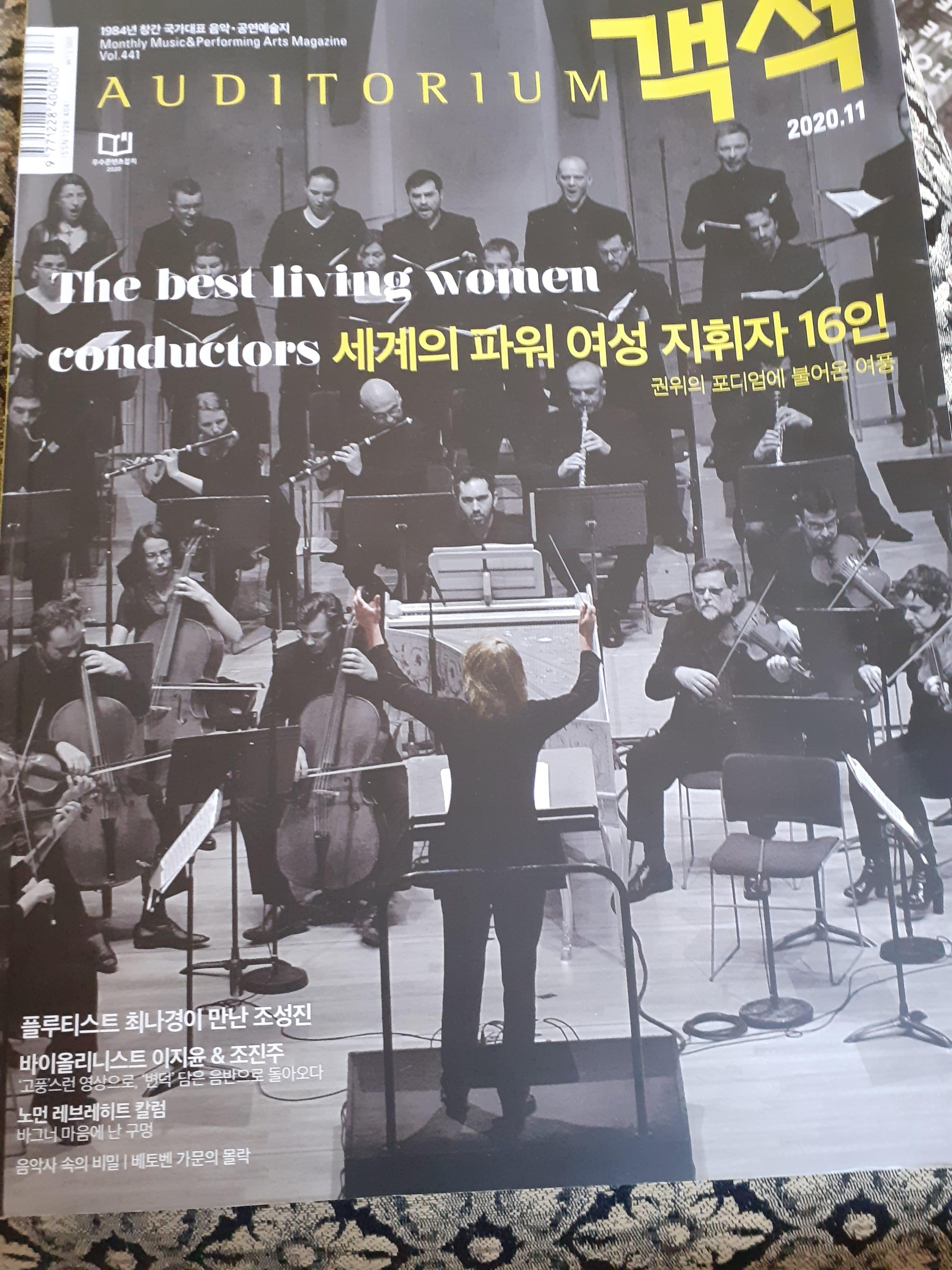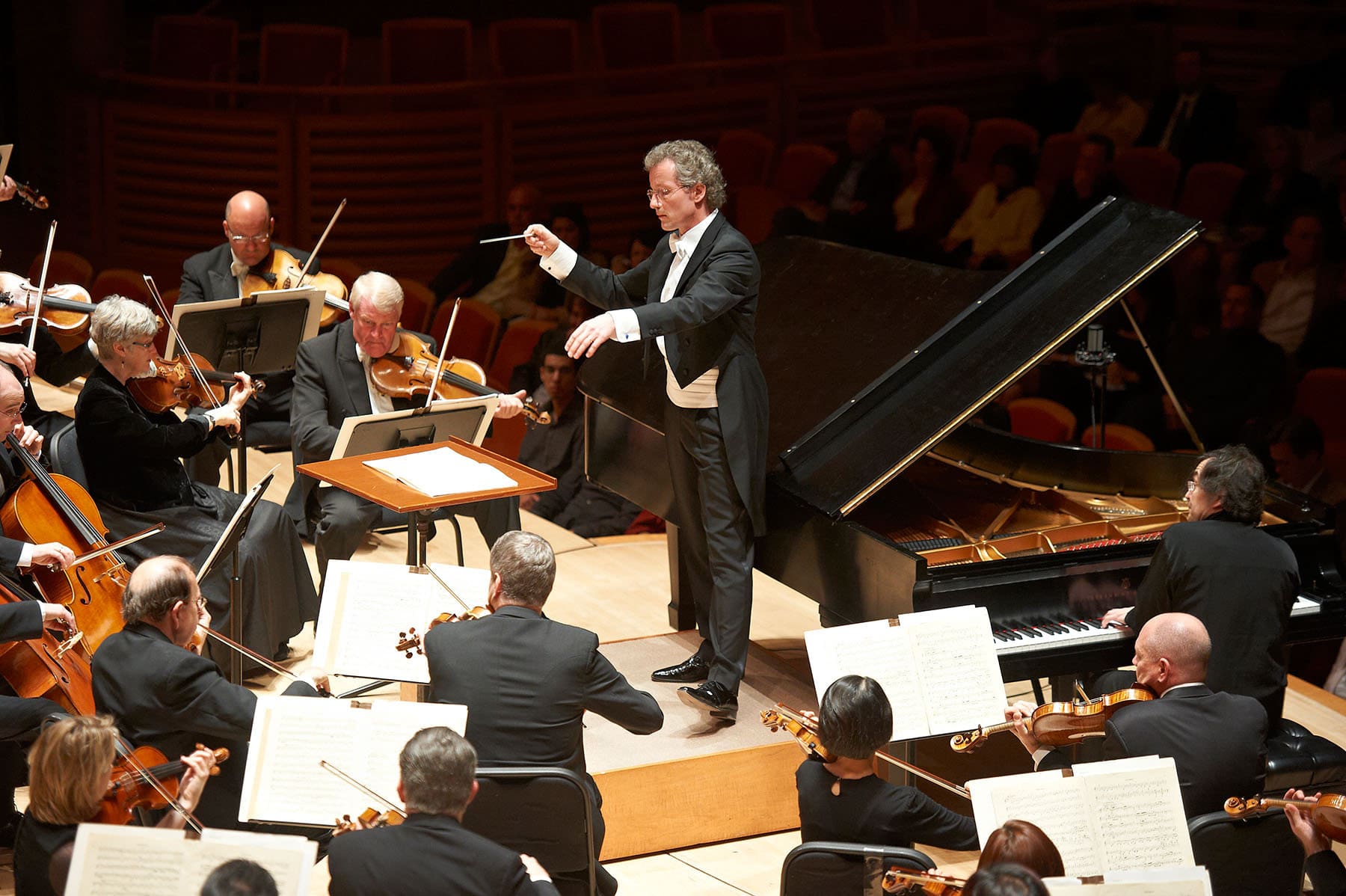Koreans go for women conductors
mainThe latest issue of Auditorium, the outstanding classical music magazine in South Korea, is devoted almost in its entirety to the ascendancy of women in the international podium.
There are glamour features on the leading career makers frok both west and east.
It’s eye-catching, urgent and relevant.
It’s what’s really happening out there.






Females are better at everything – it’s just not widely known.
It’s just a fad. It will pass.
No sense of history have you?
I confess my interest started to wane when I reached the word ‘relevant’.
But didn’t the mention of “glamour features” (sic) (conductresses’s hair, make-up, fake male clothing, websites, social media, photo-shootings, general girl gossip etc.) rekindle your interest?
Stick to the subject. We’re not discussing Muti.
The first woman to conduct a major orchestra I ever saw was Helen Quach, Vietnam-born, resident of Australia.
She conducted the San Francisco Symphony in an absolutely gorgeous “Scheherazade.” The orchestra really seemed to give their all for her.
This was sometime in the mid-1970s.
Quite extraordinary given that South Korea traditionally and culturally remains an excessively male dominated society.
In 2016 the Texas Institue of Technology has, paid for by neoconservative republicans, sent a research group to S-Korea to find-out how they do it. As Dr Hofstadter from TIT said at the publication of the report: ‘We were quite surprised to discover an age-old family tradition where the males took the initiative to marry females, and to decide that they will provide the financial resources through work, while the females have been instructed to stay at home and look after the children, the food preparation and the general upkeeping of the house.’ After some more pressing inquiries, he admitted that while this always worked perfectly well, in later years females had discovered Western classical music which tempted them to neglect their duties and explored routes of anti-male rebellion, which resulted in an unprecedented increase of cases of depression among the male population. Yet he thought that importing the original tradition in the US would help to stem the flow of females entering the classical music world to imitate male self-determination.